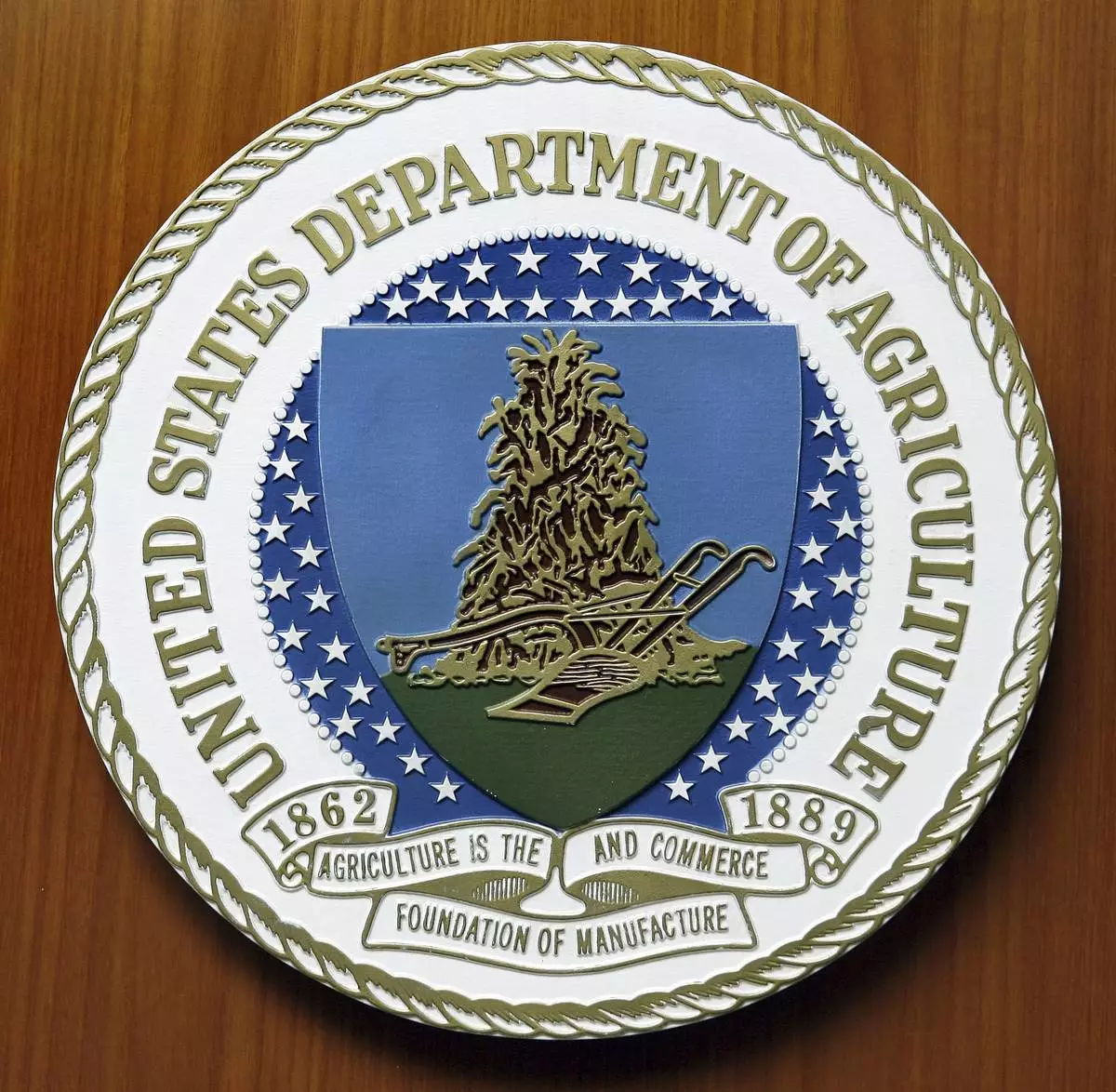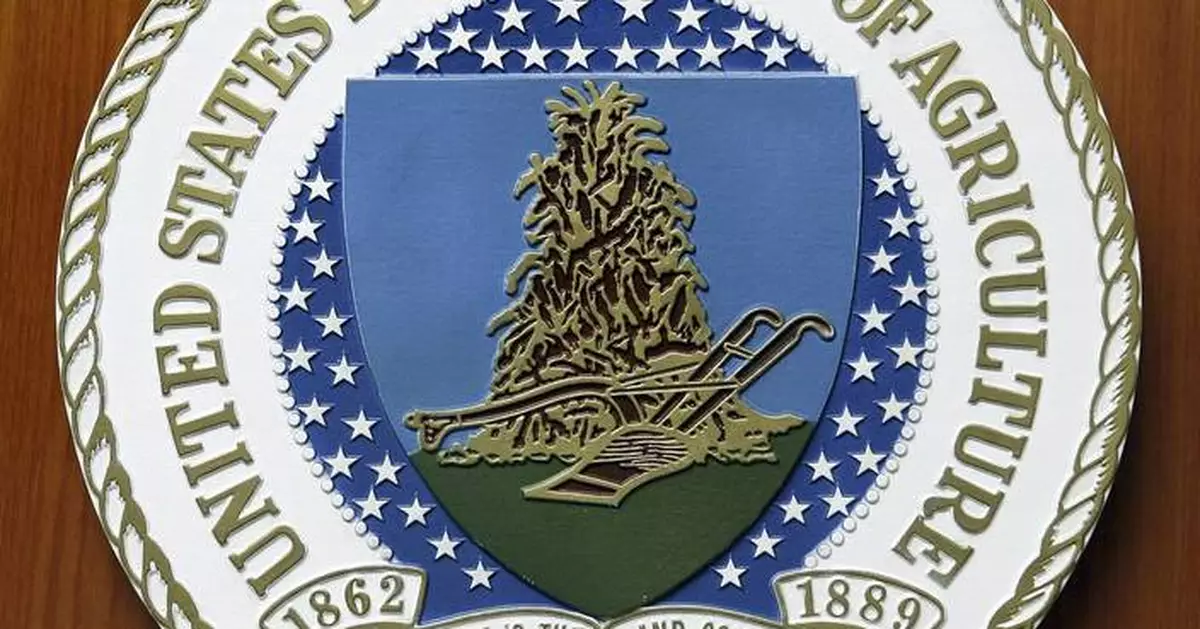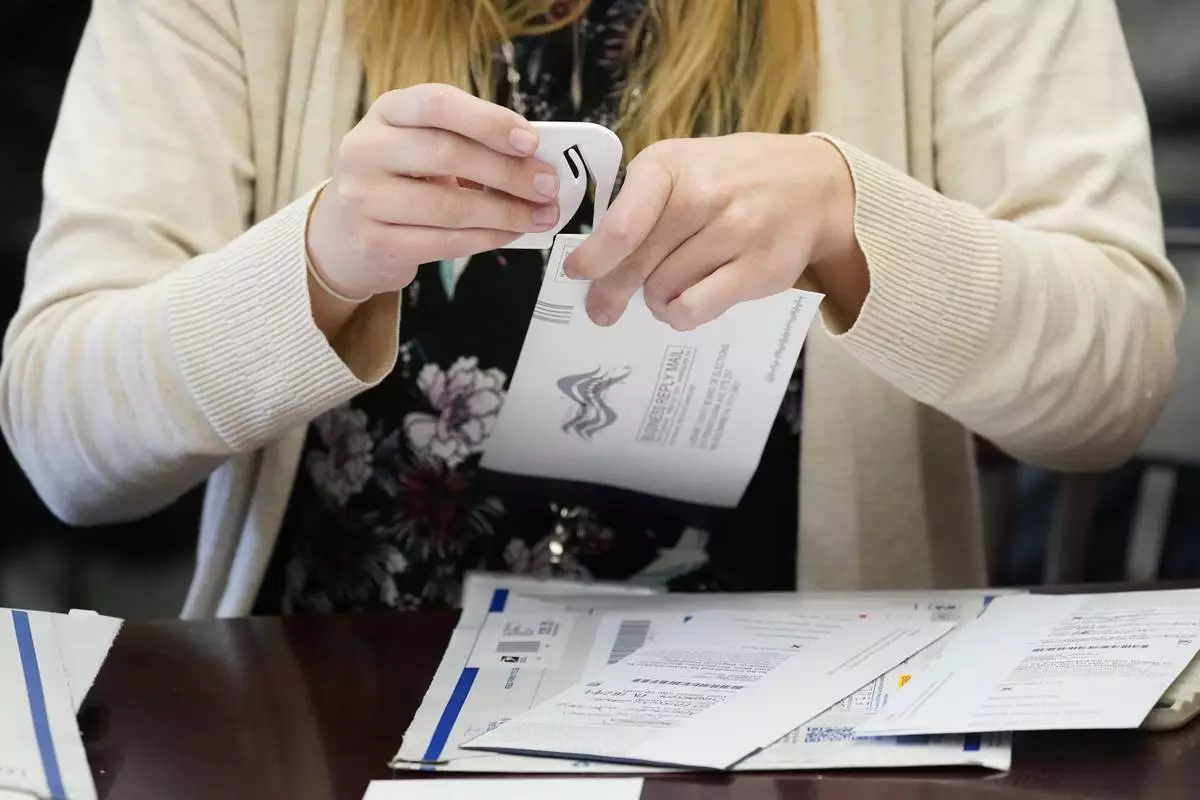A nationwide recall of meat and poultry products potentially contaminated with listeria has expanded to nearly 12 million pounds and now includes ready-to-eat meals sent to U.S. schools, restaurants and major retailers, federal officials said.
The updated recall includes prepared salads, burritos and other foods sold at stores including Costco, Trader Joe's, Target, Walmart and Kroger. The meat used in those products was processed at a Durant, Oklahoma, manufacturing plant operated by BrucePac. The Woodburn, Oregon-based company sells precooked meat and poultry to industrial, foodservice and retail companies across the country.
Routine testing found potentially dangerous listeria bacteria in samples of BrucePac chicken, officials with the U.S. Agriculture Department said. No illnesses have been confirmed in connection with the recall, USDA officials said. The U.S. Centers for Disease Control and Prevention has not launched an outbreak investigation, a spokesperson said.
The recall, issued on Oct. 9, includes foods produced between May 31 and Oct. 8. The USDA has posted a 342-page list of hundreds of potentially affected foods, including chicken wraps sold at Trader Joe's, chicken burritos sold at Costco and many types of salads sold at stores such as Target and Walmart. The foods were also sent to school districts and restaurants across the country.
The recalled foods can be identified by establishment numbers “51205 or P-51205” inside or under the USDA mark of inspection. Consumers can search on the USDA recall site to find potentially affected products. Such foods should be thrown away or returned to stores for refunds, officials said.
Eating foods contaminated with listeria can cause potentially serious illness. About 1,600 people are infected with listeria bacteria each year in the U.S. and about 260 die, according to the U.S. Centers for Disease Control and Prevention.
Listeria infections typically cause fever, muscle aches and tiredness and may cause stiff neck, confusion, loss of balance and convulsions. Symptoms can occur quickly or to up to 10 weeks after eating contaminated food. The infections are especially dangerous for older people, those with weakened immune systems or who are pregnant.
The same type of bacteria is responsible for an outbreak tied to Boar's Head deli meat that has killed at least 10 people since May.
The Associated Press Health and Science Department receives support from the Howard Hughes Medical Institute’s Science and Educational Media Group. The AP is solely responsible for all content.

FILE - The logo of the United States Department of Agriculture is seen, Aug. 10, 2007, at the US Embassy in Berlin. (AP Photo/Michael Sohn, File)










